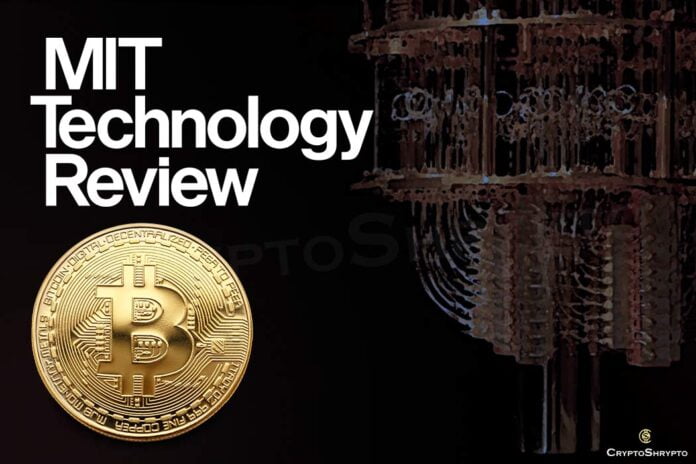Sankar Das Sarma, a condensed matter theory physicist and quantum information researcher, argues in the MIT Technology Review that quantum computers are still a long way from defeating RSA-based security. Sarma is currently the head of the University of Maryland’s condensed matter theory center, and he shared his opinions in an essay for Technology Review earlier this week.
According to the physicist, he is disturbed by some of the quantum computing hype he sees these days, even though he considers the current state of the technology to be a tremendous scientific achievement. It brings us no closer to having a quantum computer that can solve a problem that anyone cares about. He stated
It’s like attempting to build today’s greatest cellphones using vacuum tubes from the early 1900s.
RSA-Cryptography employs methods, codes, and keys to encrypt private data securely and without the influence of third parties or malevolent actors such as hackers. In crypto, an example of the process is the construction of a new wallet, which creates a public address and a private key. Quantum security is commonly seen as a key concern in the blockchain and crypto sectors, with many believing that strong quantum computers will one day become smart enough to exploit existing cryptography. This might lead to the theft of billions of dollars in digital assets or bring blockchain technology to a standstill. There are a plethora of initiatives committed to the development of quantum-proof cryptography and blockchains.
The scientist emphasised that prime factorization, in which a quantum computer can tackle the difficult task of finding the prime factors of huge numbers exponentially faster than all conventional approaches and breaks cryptography, is now much beyond the reach of current processing capacity. Sarma mentioned “qubits,” which are quantum things like an electron or photon that enable quantum computers to perform better.
Today’s most sophisticated quantum computers feature hundreds of decohering (or “noisy”) physical qubits. To construct a quantum computer capable of cracking RSA encryption from such components, many millions, if not billions, of qubits would be required.
He remarked:
Only tens of thousands of them — so-called logical qubits — would be employed for computing; the remainder would be required for error correction, correcting for decoherence.
While Sarma was cautious about sounding the cryptography alarm, he did observe that a true quantum computer would “have uses unfathomable today,” much as no one could have predicted that the first transistor produced in 1947 would lead to the laptops and smartphones of today.
“I am all for hope and a great believer in quantum computing as a potentially disruptive technology,” he added, “but to suggest that it will start yielding millions of dollars of profit for actual enterprises providing services or goods in the near future is quite baffling to me.”
Despite the fact that the threat is still some time away, several companies are actively working to strengthen quantum security.




